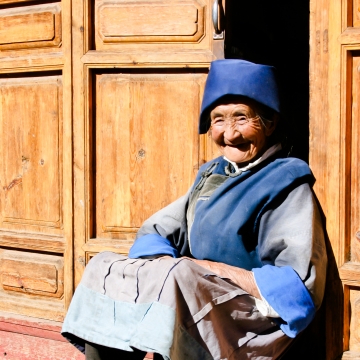Rethinking Cholera and Typhoid Vaccination Policies for the Poor: Private Demand in Kolkata, India
The ‘‘old” familiar diseases of cholera and typhoid remain a serious health threat in many developing countries. Health policy analysts often argue that vaccination against cholera and typhoid should be provided free because poor people cannot afford to pay for such vaccines and because vaccination confers positive economic externalities on unvaccinated individuals.
